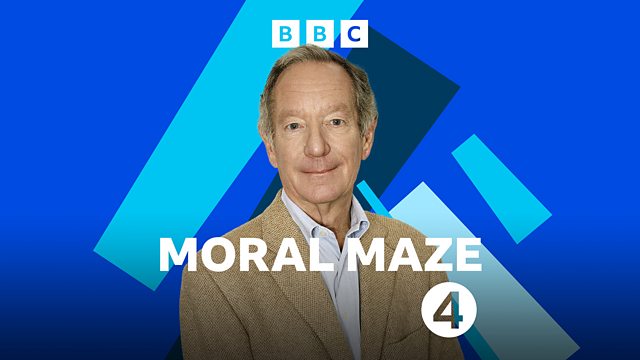Leaders with faith
Michael Buerk considers whether changing attitudes towards religion should affect how we choose our leaders.
Leaders with Faith
The first hustings in the election of the new leader of the Scottish National Party were held this week. The winner will become Scotland’s first minister. But so far the coverage of the campaign has been more about religion than policy. One of the three candidates, Kate Forbes is a member of the Free Church of Scotland and has faced criticism from within her party for saying that she would have voted against gay marriage, had she been an MSP in 2014. She also said that according to her religious beliefs, having a child outside of marriage was wrong. Several of her backers have withdrawn their support and others have questioned whether such views make her an appropriate choice to lead the country.
But why should traditional religious beliefs like this be a barrier to achieving high office? Forbes insists that it’s possible to be a person of faith, while still supporting the rights of others. Although she would have opposed the legalisation of same sex marriage, she says that as a “servant of democracy” she would now defend the legal right to gay marriage “to the hilt”.
Religious belief used to be seen by most people as a private matter. It was also generally regarded as a positive attribute in a senior politician, evidence perhaps of a strong moral compass. So what has changed in our attitudes to faith and should it affect how we choose our leaders?
Producer: Jonathan Hallewell
Presenter: Michael Buerk
Last on
More episodes
Broadcasts
- Wed 1 Mar 2023 20:00���˿��� Radio 4
- Sat 4 Mar 2023 22:15���˿��� Radio 4
Podcast
-
![]()
Moral Maze
Live debate examining the moral issues behind one of the week's news stories. #moralmaze



